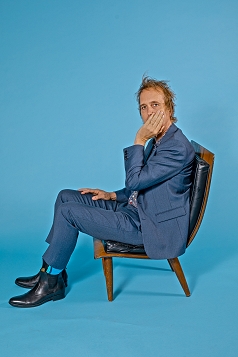Austin Chronicle
Interview With a Prophet
Thinking man’s rocker Chuck Prophet rolls into the Continental Club Friday with Alejandro Escovedo, and I caught up with him Monday night as the van was traveling down I-10 near Fort Stockton, on its way toward Central Texas. We spoke about his latest disc, the indefinable Soap and Water (Yep Roc); his recent appearance on The Late Show With David Letterman; and the new album of songs he’s written with Escovedo.
Geezerville: I saw you on Letterman a week or so ago. What was that experience like? Had you appeared on that show before?
Chuck Prophet: We’d never done the show before. It was a cool experience for a number of reasons. We’re kind of a blues band. I don’t mean that we play the blues, but we travel in a van, and if your amp’s too heavy [and] you can’t carry your own shit, don’t bring it. So we ended staying at a hotel around the corner, coming in the night before. We were in the studio at 10:45am. Loaded in the gear. Right around that time there was a guy loading in the tubular bells, and I watched five union guys arguing over where to put it. Then they argued over how to mic the thing. That was really kind of funny.
G: That version of the song you did, “Doubter Out of Jesus (All Over You),” was pretty different from what’s on the record. Is that the way you’re doing it live?
CP: It’s hard to get a definitive version of any song on a record. But that song has been one of the sleepers in our set. It’s the song from the record that just ended up asserting itself. It never got left off the set list, and we’ve been on the road for a few months. I thought it would be cool to have some horns on it. That was Tom “Bones” Malone who did the horn charts, who you might remember from the Blues Brothers, so that was kind of a thrill.
G: You had kind of a dazed look in your eyes when the song was over and Dave came over to shake your hand.
CP: Yeah, I didn’t know if I was allowed to engage [laughs]. “Dave there are a few things I’ve been meaning to ask you …”
G: It’s been three years since the last record. Was there a dry period, or did you just want to take your time?
CP: I kind of burnt myself out touring behind Age of Miracles. The tour probably went on for two or three weeks too long, I think, and that was a crucial two or three weeks. After that I fell out with New West. Being on New West was a bit like, after a while, like driving with the brakes on. They dropped me, and I spent the next year just goofing off and finding other stuff to do, which I think was great in the end.
G: Did that help you with this record?
CP: Dan Stuart from Green on Red and I used to say, whenever we were asked what came first, the music or the lyrics, “The advance came first.” It wasn’t like anyone was waving an advance at me, you know. But I didn’t know if I would make another record. I never really do know if I’m going to make another record.
G: How much of this record was made in the studio?
CP: It was made in the studio just the way a film is made on a film set, I suppose.
G: The arrangements and sounds, are they something you had in your head when you were writing the song, or was it something you came upon when you were recording?
CP: Sometimes when I’m writing, I can hear the full arrangement in my head, and I get excited about it. But once you get on the film set and you’re making the movie, I have to be prepared to let go and take advantage of whatever gift you get from being there. It had a spine to it, but a lot of it was spontaneous. Brad Jones, who co-produced the record with me, and I would take a day to record one song and then spend two weeks arguing about what the one overdub should be. I was like, “I’ll get an all-boys Methodist choir in here tomorrow.” That’s pretty typical of the way it was.
G: I’m glad you mentioned that, because I wanted to ask you about the inclusion of the choir on “Let’s Do Something Wrong.” It’s a pretty funny moment when they join in.
CP: I’ve been listening to a group called the English Congregation, the Godspell soundtrack, things like that. The English Congregation made a couple of albums in the 1970s with a lot of group singing. I was playing some of that for Brad, and we were talking about choirs, and he said that when we got to Nashville, there were a lot of gospel choirs, and I said I was looking for people who could sing, but I don’t want people that sound like they’re singing. It was his suggestion to get the children’s choir, and it really added to the song in a way I didn’t see coming, because “Let’s do something wrong, let’s do something stupid” is so much more perverse when the kids are singing it. Kids don’t know that their actions have repercussions. They don’t have things like regret. You’ll find very few kids in recovery. They’re just pure. So I thought that was pretty fun.
G: How important are the lyrics? Some of the songs seem inscrutable to me; I’m not sure what you’re singing about, and I’m wondering if that’s intentional.
CP: I always have some kind of context, I think, even if only I know what it is. I guess that’s a struggle for anybody, whether it’s lyrics or writing or painting. You want things to make sense; you just don’t want them to make too much sense.
G: The combination of the different ways you arrange instruments and the lyrics is what makes the album attractive. You were trying to do something different or trying to stretch from what you’ve done in the past. Would you agree with that?
CP: Sure, the songs have their own needs, and if you cast each one of them as a movie, you can’t help but think it’d be great to have Wilford Brimley walking in right about now. You also try to mix it up in a way that keeps you interested in what you’re doing. So if I sort of tap into something that I haven’t done before, then I get more excited about it.
G: You recently wrote a bunch of songs with Alejandro Escovedo.
CP: We wrote an entire album together over the last year or so. We recorded over the holidays in Lexington, Kentucky, with Tony Visconti producing. It’s Al’s record, but I think he had me around as an insurance policy to make sure that everybody got the chords right.
G: Did he invite you to write with him?
CP: We’ve known each other for years, and we played a gig together. He said, “I’m going to make a new record, and I thought that maybe you and I could get together and write some songs.” So I went out to Wimberley, Texas, for three or four days, and after three days, we hadn’t written one note. Then Al decided he wanted to go into town, and he stopped in this little antique store, and he was buying baskets and scarves. I was starting to get a little nervous. After we got in his pickup truck and started it up, he looked at me and said, “Hey brother, don’t worry about it; it’s all part of it.” He’s got a lot of faith. I think that’s one of his biggest gifts. He’s got this enormous faith that we will pull something out of the air. And he was right; we always do. If we don’t, we just lie on the carpet and listen to Mott the Hoople records. That generally gets us through it. It’s going to be a great record, because the songs are pretty concrete. We name a lot of names.
G: It’s the story of his life, right?
CP: Well, we immediately found out we had things in common. We both grew up in Orange County. We both surfed the Huntington Pier. We both saw our first shows at the Golden Bear in Huntington Beach. It’s sort of an exploration of song through geography, love, life, death, loss, and whatever.
G: Are you going to be playing with him at the Continental Club on Friday?
CP: We haven’t spoken about it, but I’m hoping to. I have the feeling that’s the idea. I’m hoping that he’s up for as many of his new songs as possible.
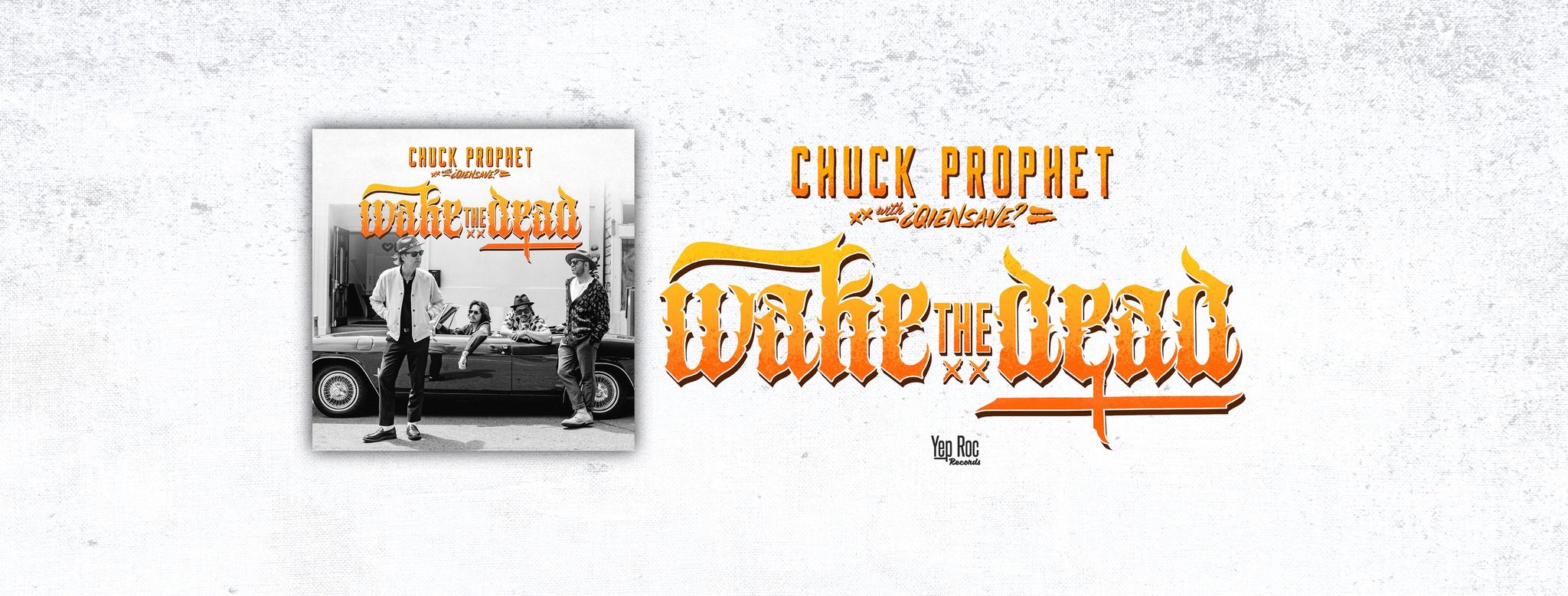

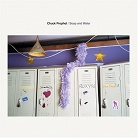



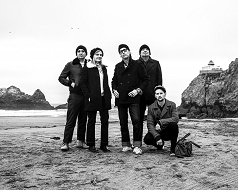
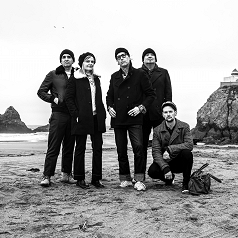
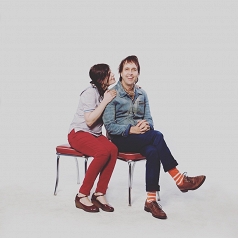
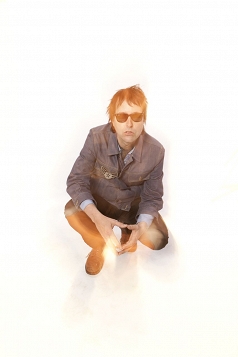
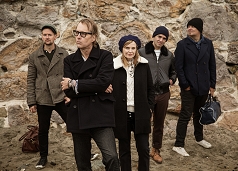
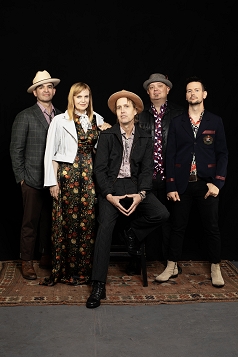
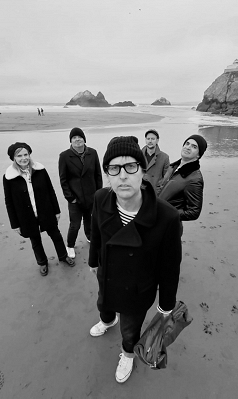
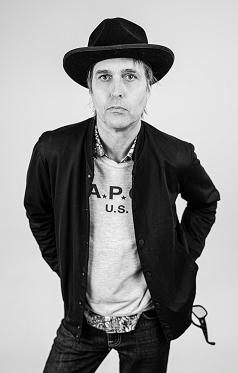
3_238_159auto_s_c1.jpeg)
